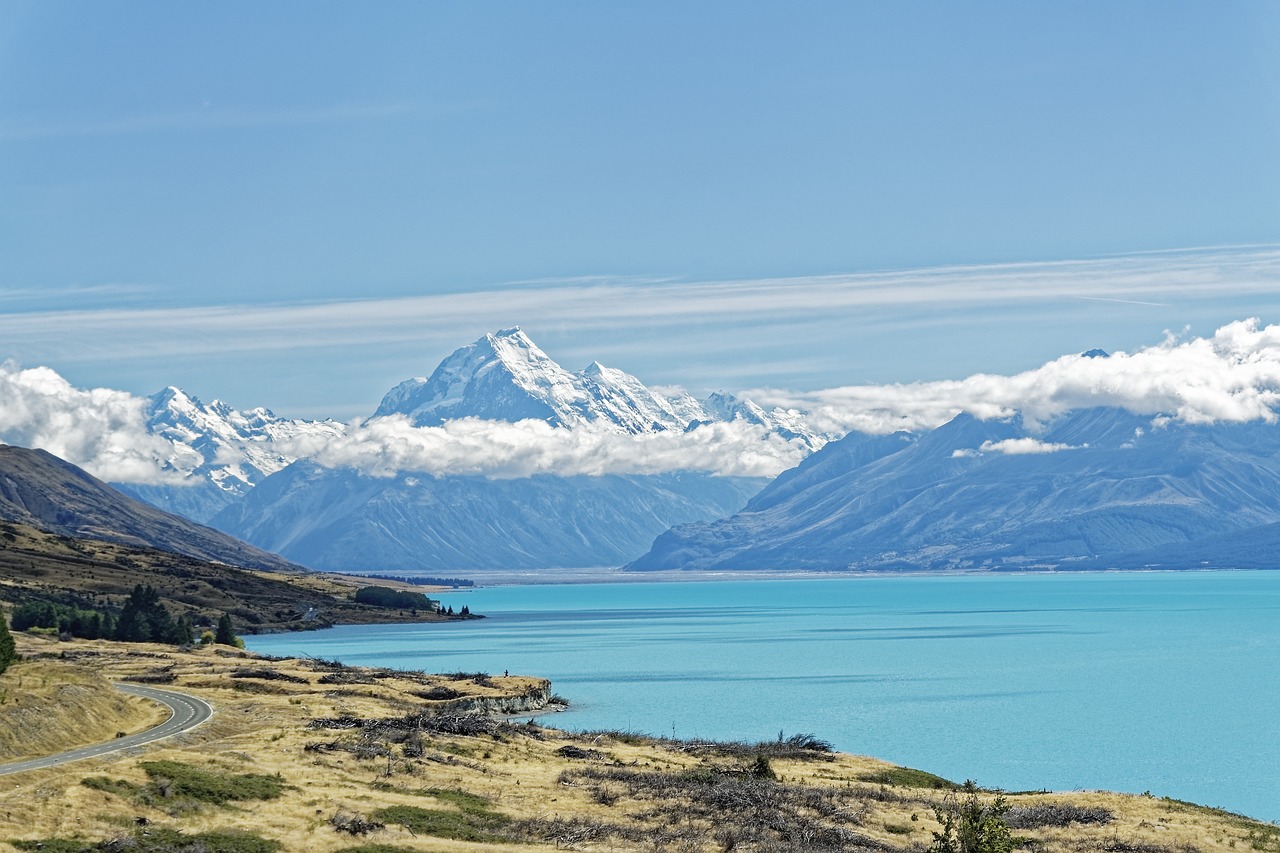In a groundbreaking move, Australia has announced that it will gradually offer climate asylum to the 11,000 citizens of Tuvalu, an archipelago at risk from the devastating effects of rising sea levels. This comes as two of Tuvalu’s nine coral reefs have already been submerged, and experts predict that the entire territory will become uninhabitable within a century. The Australian and Tuvaluan Prime Ministers have unveiled the terms of a pact that will allow Tuvaluan citizens to seek refuge in Australia, granting them the opportunity to live, study, and work in the country.
Paving the Way for Climate Mobility
The agreement between Australia and Tuvalu marks a significant milestone in addressing climate mobility. Initially, the number of entrants will be capped at 280 per year to prevent a “brain drain” from Tuvalu. The selection of individuals eligible for this new pathway to visas will be determined by Tuvalu. However, the pact must still be ratified by both parties before it can take effect. Once implemented, Tuvaluan refugees in Australia will have access to education, healthcare, financial assistance, and family support.
Protecting Tuvalu and Strengthening Australia’s Influence
As part of the agreement, Australia has committed $16 million AUD to reinforce Tuvalu’s coastlines and reclaim submerged lands. This not only demonstrates Australia’s commitment to protecting Tuvalu but also serves to solidify Australia’s influence in the region, particularly in light of China’s increasing presence. The pact also includes a defense component, obliging Australia to provide assistance to Tuvalu in the event of military aggression, natural disasters, or pandemics.
A Template for Future Agreements
Australia intends to pursue similar agreements with other Pacific Island nations, tailoring each one to suit the specific circumstances of each country. However, relations between Australia and its neighbors have been strained due to Australia’s dependence on coal and gas exports, which have been criticized by neighboring nations. Anthony Albanese, leader of the Australian Labor Party, emphasizes the need for developed countries to take greater responsibility in combating climate change, as it is the developing nations that suffer the most.
A Call for Action
The leader of the Australian Greens party responds by stating that it would be preferable for the Labor Party to stop approving new coal and gas mines. This highlights the ongoing debate surrounding Australia’s environmental policies and the urgent need for global action on climate change.
Australia’s offer of climate asylum to the citizens of Tuvalu facing the existential threat of rising sea levels is a significant step towards addressing the challenges posed by climate mobility. This agreement not only provides hope for the people of Tuvalu but also reinforces Australia’s position as a regional leader. As the effects of climate change continue to unfold, it is imperative that nations work together to protect vulnerable populations and find sustainable solutions to mitigate the impacts of a changing world.











